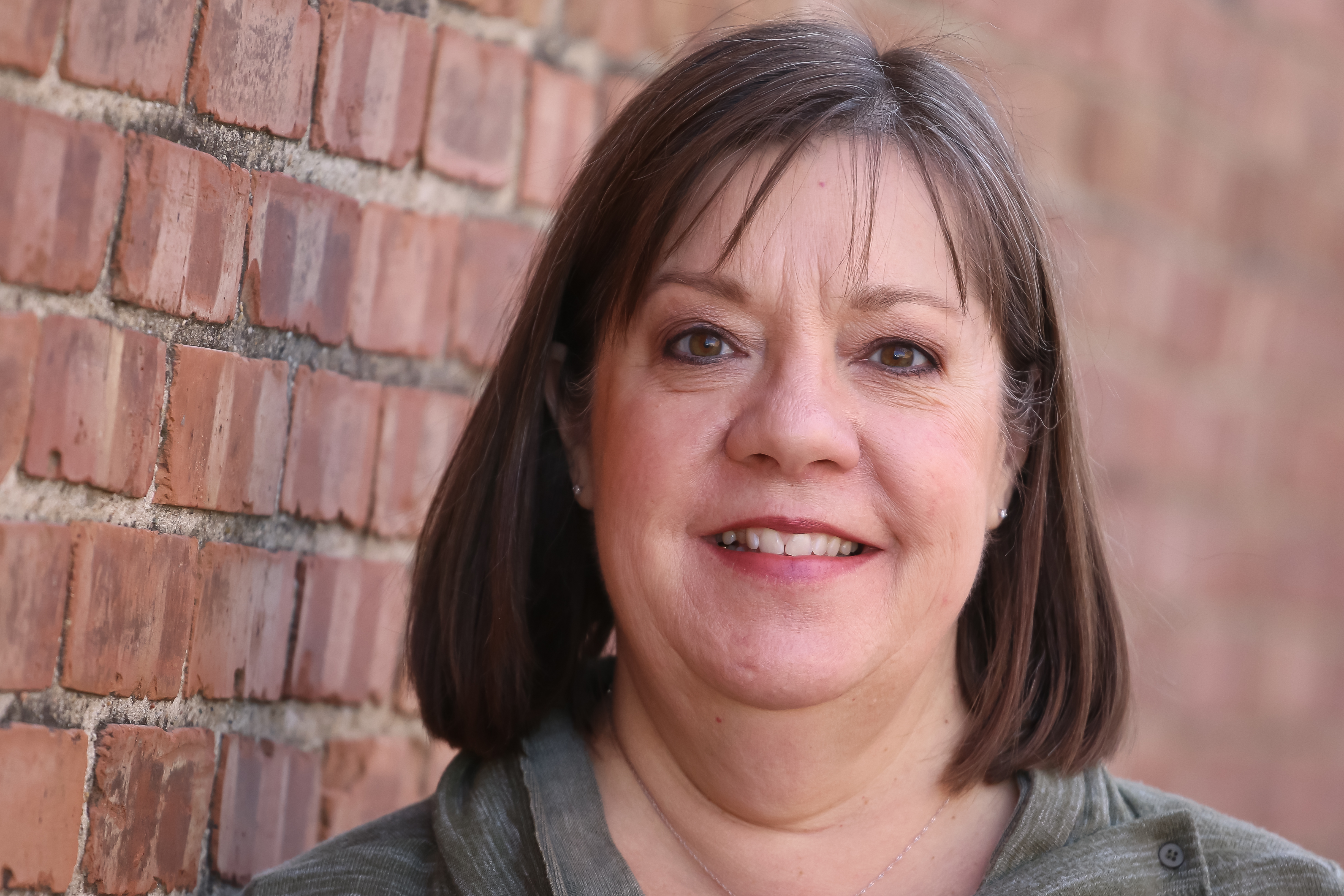
Julie Storr shares a reflection on the Collect for the Second Sunday of Lent.
Thanks for joining me; this week we Lectio the Liturgy with the Collect for the Second Sunday of Lent.
There are many stories in the Bible that make a person say, “I sure would have liked to have seen that.” The parting of the Red Sea is one example. It would have been fun to have seen the look on the people’s faces at the wedding in Cana when they tasted that new wine. It would have been amazing to have tasted that wine. This week’s Gospel for the Second Sunday of Lent is another one of those “I wish I could have seen that” moments, it is the Feast of the Transfiguration.
As I meditated on this prayer, I imagined Peter, James, and John, after they came down from the mountain with Jesus. I imagined the three of them, off by themselves, talking about what they saw, and then deciding to pray. Perhaps their prayer would sound like this week’s Collect:
O God, who have commanded us to listen to your beloved Son, be pleased, we pray, to nourish us inwardly by your word, that, with spiritual sight made pure, we may rejoice to behold your glory. Through our Lord Jesus Christ, your Son, who lives and reigns with you in the unity of the Holy Spirit, God, for ever and ever.
What the voice of God told Peter, James, and John on the mountain, He also tells us, “This is my beloved Son. Listen to Him.” When we listen, we are nourished inwardly by His word, which is our petition for this prayer.
Listening to and hearing God’s word has become a passion of mine. The way that the disciples heard God’s word are the same ways we hear God’s word.
We hear God’s word in scripture. Jesus read the books of the Old Testament, he even quoted verses from them. Peter, James, and John also learned from the Old Testament books, and I bet they didn’t know that their lives and their teachings would become our New Testament books.
Like us, the disciples also heard God’s word through other people in their lives. They also heard God speak through music. Other than the Psalms, I don’t know what other songs they knew, but I wouldn’t be surprised if even Adam and Eve made up some songs to sing.
Peter, James, and John also heard God’s word directly from the Word, Jesus. We can look at the disciples and call them lucky, or we can ask ourselves, “How can I hear Jesus for myself?” What we don’t often realize is that we were made to hear Him. He speaks to us all the time; however, the biggest obstacles to hearing God come from us.
We often don’t believe that what we are hearing is really from God. If what you hear is bringing you joy and peace, it’s Him. If it is supported by Scripture, it’s Him. If it brings guilt, anger, or condemnation, it is definitely not from God.
Sometimes we haven’t yet learned how He is communicating to us. When He communicates to us, we hear, see, feel, and know that what we are sensing is Him. If you want to learn how He is speaking to you, schedule time to be in conversation with Him and ask. Many people find that journaling makes a great way to start a conversation with God and are often surprised when the words coming to their mind flow to the pen so fluently.
The more we meditate on God and what He has to say, the more our spiritual sight is made pure. I was thinking about the disciples on the mountain with Jesus at the Transfiguration and how once they saw the divinity of the Lord, how that must have changed the way they looked at the world. They would have started looking for Him and wanting to know where he was moving.
When I looked at the verbs in this prayer, it was actually exciting to see that for all that we are asking for, all we need to do, is have an open heart to receive.
In the prayer we listen, we are nourished, we rejoice, we behold and through it all, we are made pure. As we go through Lent, keep your ears open during the prayers of the Mass. During this liturgical season, we will often ask that not just our spiritual sight, but our minds, as well, are made pure.
I guess, really, that is what Lent is all about.

Copyright 2024 Julie Storr
Images: Canva
About the Author

Julie Storr
Julie Storr surprised herself when she went from “never ever going to be Catholic” to a lover of the lectionary. Her thirst for the Faith is never quenched and she is always surprised at the depth of the relationship with Christ that one can find in the Catholic Church. She and her husband live in Pocahontas, Iowa. Visit her website at LectioTheLiturgy.com.


.png?width=1806&height=731&name=CatholicMom_hcfm_logo1_pos_871c_2728c%20(002).png)
Comments